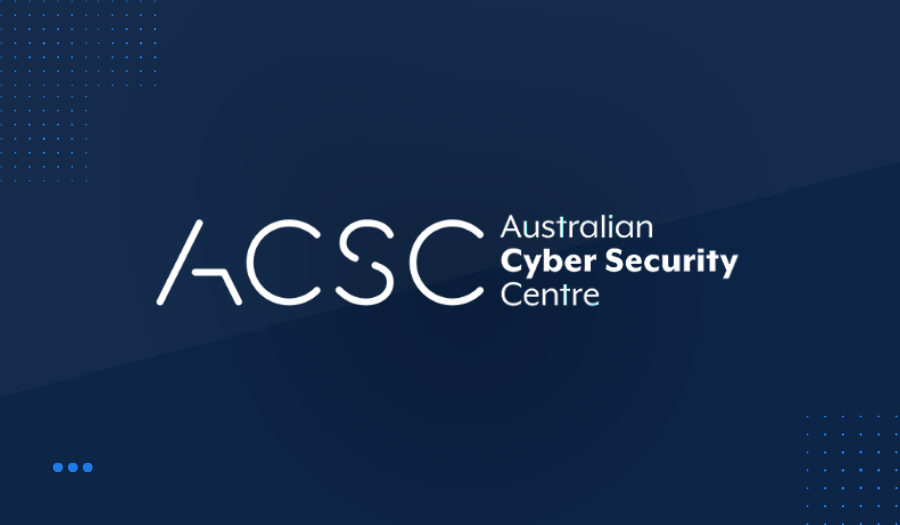The Guide to Effective Compliance Training
Staff training is an essential component of regulatory compliance. Providing the correct training, however, can be costly and time-consuming, especially for small-to-medium businesses.
Even when cost and time are accounted for, another common problem with compliance training is engagement. Long sessions of wordy PowerPoints are likely to put half of your employees to sleep - whereas online training can put off employees who don’t want to deal with technical issues or yet another password to remember.
Providing compliance training that is comprehensive, cost-effective and memorable is possible, but you will need to know how to achieve it. Fortunately, we have gathered all the best advice for effective compliance training here in one place.
Why is compliance training so important?
No matter what industry you’re in, no matter what size your company is, there are going to be some compliance requirements. Companies that hold any customer or client data and operate in the EU, for example, are at risk of huge fines without adequate GDPR training.
Even if you don’t hold any customer or client data - which is highly improbable - there are still many other compliance requirements you may have to comply with, from anti-discrimination to tax evasion training. Best practice training in areas like cyber security can also protect your company from highly-damaging breaches, even if there is no legal regulatory requirement.
With the right compliance training you not only empower your employees to protect your company from fines and sanctions, but can also increase customer and investor confidence which can lead to benefits across your business.
Who needs to be trained?
No one wants to sit through training lessons that are not relevant to their role. Figuring out which employees need which training is important - though something has to be said for general awareness. For topics like cyber security and data protection, you should ensure that every employee in the company has a general understanding, whereas the employees who are most affected should receive more advanced training.
What should be included?
While your compliance training may have a lot to cover, there is no use in including every detail if your employees simply aren’t going to remember it all - which is probably going to be the case. Memory comes through understanding and repetition - not from sitting through hour-long sessions.
You should identify the most essential points of compliance - focus on the spirit rather than the specifics of the legislation - and then use examples to show how it affects the day-to-day work of your employees. You can then continue on to more advanced subjects once you have given your employees a chance to put the essentials into action - and point your employees to resources and further reading they can tackle at their own leisure.
When should the training take place?
Your new starters already have enough to learn without putting them through hours of compliance training right off the bat. You should ensure they are aware of the essential concepts, and then point them to a resource or a person who can help them out on the details once they have actually started working and managed to get to a situation where they need guidance. Encouraging employees to be proactive about compliance and finding out information as they need it will both save time and make for better outcomes in the long run.
Growing a company culture that has compliance ingrained as one of its core values can help set you up for long-term success. A practicable way of achieving this is putting up policy posters with essential information and resources around the office, or sending out emails with tips and reminders.
Empower your employees
While sitting employees down in front of long presentations so you can check compliance boxes may seem tempting, having your employees be genuinely engaged with compliance requirements will benefit you in the long term. Focus on the spirit, don’t overwhelm, and remember that your employees aren’t your weakest link - they are your first line of defence.
Looking for effective, bite-size compliance training with easy reporting on the learning progress of each employee? We offer courses on GDPR, HIPAA and more on our password-free uLearn training platform.

